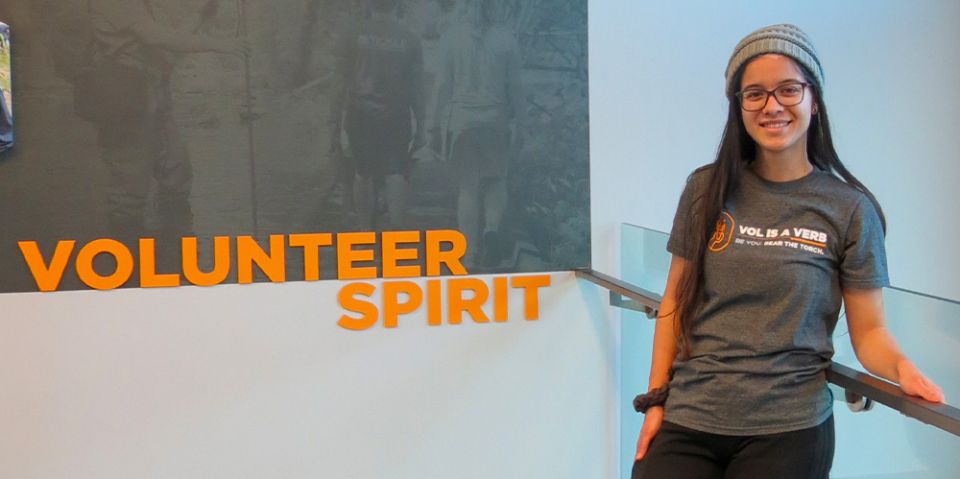The Speakers: Speakers for the session included Marsha McDaniel, director of international engagement at Idaho National Laboratory; Cheryl O’Brien, principal and founder of Vision for Inclusive Engineering Workforce, Inc.; Todd Palmer, professor of nuclear engineering at Oregon State University; and Kristin Zaitz, cofounder of Mothers for Nuclear. Ira Strong of INL moderated the session.
Before the webinar, ANS members were invited to participate in a caregiver survey that included questions about their own situations. Highlights from the survey can be viewed here.
Caregiver challenges: O’Brien said, “When people have their first child, 43 percent [of women in STEM fields] will not maintain at full time; 20 percent of new fathers will also either go part time or find another career.” She added that “If you stay part time even though it may fit your needs for an amount of time, you stay in that death spiral where you don’t get the meaty assignments, the ones [that] will travel; you don’t get on the committees. . . . It’s a perception.”
A mother of three, McDaniel spoke about navigating the challenges of caring for her children and eldercare. “Thousands of people in this industry are dealing with similar challenges. Just creating spaces where we can talk—that alone helps.”
Fostering inclusiveness: McDaniel introduced an emergency daycare program at INL, having found it difficult to take time off work when her childcare was unavailable. “Now we have this emergency backup daycare program that’s available for all ages from six weeks old up until school-age children. I just used the program about a month ago.” Strong chimed in that she had also used the program.
Zaitz mentioned the other side of the coin: “There are a lot of things that nuclear does not do well [around caregivers]. But I have a lot of hope that the questioning attitude and tenacity of continuous improvement that’s so widespread in the nuclear industry is going to move us toward making nuclear a leader in this space.”
Zaitz, who has worked at Diablo Canyon nuclear power plant for over two decades, started Mothers for Nuclear in 2016 alongside coworker and friend Heather Hoff. She spoke about the moment she realized there was little support for new parents at her job and how she took matters into her own hands.
“I was the first engineer [in her coworkers’ memory] who had a baby at work. . . . They were so supportive but just didn’t know how to be supportive because it wasn’t a common thing,” Zaitz said. “There were two other women at the plant who had had children, and when I asked them about their experience, it was kind of a horror story.” Zaitz teamed up with other women, human resources, and the local breastfeeding coalition, “and we got a great program in place.” That policy is still in place for the whole company.
“We ended up winning an award from the state of California on our policy and our accommodations for breastfeeding mothers,” Zaitz added.
Overcoming biases: The panelists discussed ways that caregivers must overcome either implicit or explicit biases in the workplace and ways that organizations can ensure that biases do not affect workers. A major bias the speakers pointed out was the assumption that caregivers are less available to perform well in the workforce.
“While a lot of us at some point are going to need accommodations, it doesn’t mean we’re not engaged in our jobs or that nuclear is not right for us,” said Zaitz. “It means that we all have to be a little bit flexible to keep that great talent in the pipeline and make sure we’re not overlooking great talent because of our assumptions about how they might contribute.”
Palmer added, “The key is you have to have people in these rooms who are aware of and looking for those sorts of biases and calling them out when they come up. . . . We’re after an inclusive community that supports all our employees, and we do it in hiring, promotion, and advancement. . . . It’s these things that are really difficult to change because they are baked in and you don’t see them. You really need staunch advocates."








